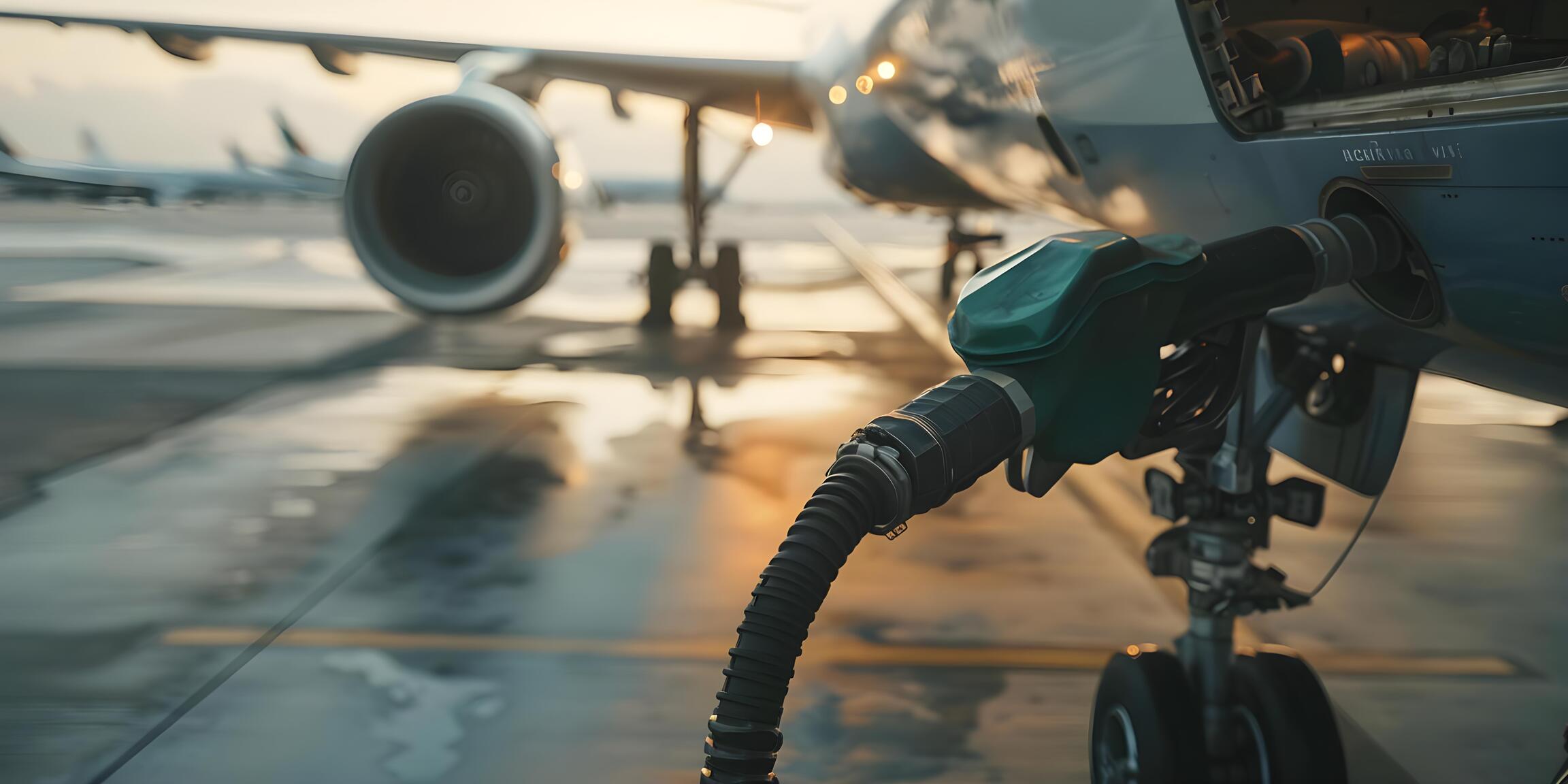Although we are all familiar with the fuels used for automobiles, motorcycles or land vehicles in general, fewer people are familiar with jet fuel.
Aircraft use a different fuel than land vehicles because, with more powerful engines, the fuel specifications are also different.
Aircraft fuel types
There are different types of jet fuel depending on the aircraft engine. We can find internal combustion piston engines and turbine engines.
For internal combustion piston engines AVGAS fuels will be used and for turbine engines the fuel called Jet Fuel will be used.
What is Jet Fuel? I Jet Fuel
Jet Fuel is fuel for aircraft using turbine engines. This type of engine is what commercial aircraft are typically equipped with.
There are several subcategories of Jet Fuel that are used to power aircraft. The most common Jet Fuel is called Jet-A1, also known as kerosene.
Kerosene is a jet fuel characterized by its efficiency. It allows high power to be generated with relatively low consumption. In addition, Jet-A1 offers a dual functionality: as a fuel and as a coolant for engine oil.
Within the Jet Fuel category there are other jet fuel options. For example, Jet-B, made from naphtha-kerosene. This kind of fuel offers better performance in cold climates, but the composition of the Jet-B igniter makes it more dangerous to handle.
is fuel for aircraft using turbine engines. This type of engine is what commercial aircraft are typically equipped with.
There are several subcategories of Jet Fuel that are used to power aircraft. The most common Jet Fuel is called Jet-A1, also known as kerosene.
Kerosene is a jet fuel characterized by its efficiency. It allows high power to be generated with relatively low consumption. In addition, Jet-A1 offers a dual functionality: as a fuel and as a coolant for engine oil.
Within the Jet Fuel category there are other jet fuel options. For example, Jet-B, made from naphtha-kerosene. This kind of fuel offers better performance in cold climates, but the composition of the Jet-B igniter makes it more dangerous to handle.
What is AVGAS? I Aircraft fuel
Within the AVGAS jet fuel category we find, as with Jet Fuel, several categories. The most widely used is AVGAS 100 LL.
These fuel types are more generally used in general aviation and are more focused on aircraft safety than power. Considering that most aircraft are single-engine, it is essential to ensure their safety.
AVGAS fuels are characterized by their high efficiency. Their weight is minimal compared to the energy they generate. In addition, they generate little waste.
What is octane rating?
Octane rating is a characteristic of the fuel. The octane rating of an aviation fuel is the anti-knock power of the fluid.
To understand the importance of octane rating, we must first know what detonation is. This phenomenon occurs when fuel is not burned in a progressive manner. Detonation can be a problem if it is generated, as it damages the engine and reduces the power that has been generated.
Therefore, the higher the octane rating of jet fuel, the greater its resistance to detonation. The octane level used will also depend on the type of engine, since engines using a high compression ratio will require higher octane fuels.
Sustainable fuels for aircraft
With increasing initiatives to improve the sustainability of the aviation industry, sustainable aviation fuels have also emerged. These products are called SAF (sustainable aviation fuel).
There are several sustainable fuels that are classified depending on the feedstock used for their production.
- Sustainable jet fuel through oleochemical and lipidic routes: this is achieved by converting raw materials such as vegetable oils, animal fat or used cooking oil and blending directly with conventional fossil fuel.
- Sustainable jet fuel through biochemical routes: Biological processes (fermentation, enzymatic hydrolysis) convert biomass into jet fuel.
- Sustainable jet fuel through thermochemical routes: The process of obtaining these raw materials mainly consists of converting raw materials such as wood, energy crops, some municipal solid waste and agricultural waste into synthetic paraffinic kerosene.
